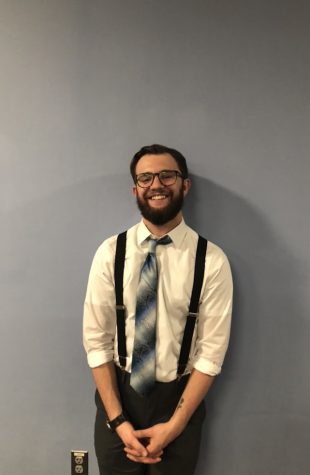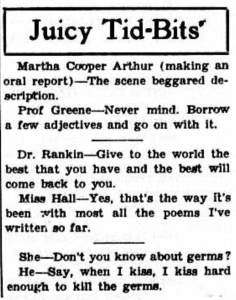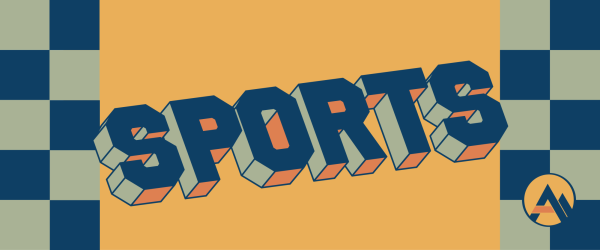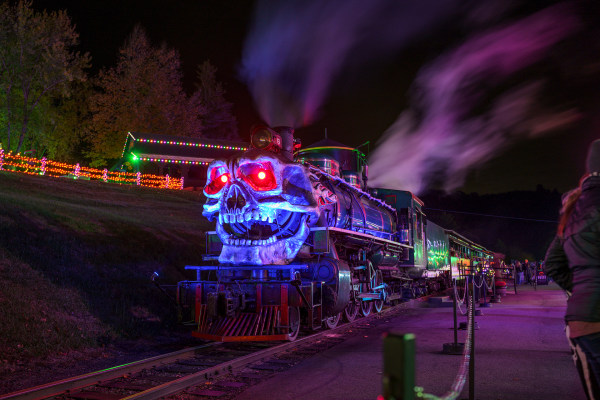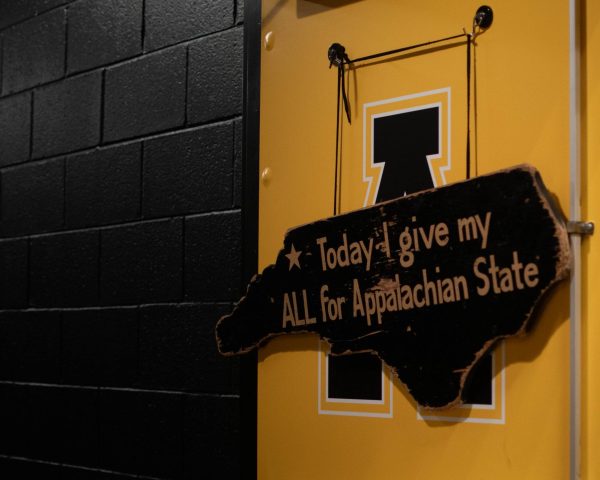Cookies for a cause: Appalachia Cookie Company supports Western Youth Network this WYNter
December 24, 2019
Alonha Ketchum, a long-time mentee in Western Youth Network’s mentor program describes her experiences with mentors as “amazing,” and Appalachia Cookie Company partnered with the organization for the third year in a row to bring funding to an organization close to her heart.
According to WYN’s website, a portion of the proceeds from WYNter Wonderland cookie sales go to WYN to support the organization’s vision to “transform our High Country Community by nurturing and empowering our children so that they live healthy, engaged, and fulfilled lives.”
Founded in 1985, WYN is a nonprofit organization aiming to provide an array of programs to youth in the High Country. WYN has five core initiatives which include mentoring, after school programs, summer camp, high school success and community health.
The mentoring program at WYN is one of the programs that requires more constant support from the community, Jennifer Warren, WYN’s executive director, said.
The mentor program offers a free opportunity for youth aged 6 to 17 to engage with an adult for at least two hours per week over a 12-month period. Matches of one mentor and one mentee typically celebrate their mentorship with anniversaries and some form of graduation at the end of the mentorship.
The mentor program not only requires community support for funding, but also is a source of volunteer mentors, said Angela McMann, director of mentoring.
Mentors come from the Boone community and from App State, McMann said.
“Many of our mentors are students, and so they tend to go get food a lot,” though mentor sessions may involve a wide variety of activities, McMann said.
The activities are not necessarily the most important aspect of the mentorship but rather the connection between mentor and mentee. McMann said it is vital to each mentorship that the mentors are “people with the desire to connect with kids.”
The proceeds from the partnership with Appalachia Cookie Company are expected to go to WYN’s general fund, Caroline Davis, events and operations coordinator at WYN, said; however the general fund “tends to float the mentoring program more often,” said McMann.
The mentor program was grant funded from its start until the grant was removed from North Carolina’s state budget in 2009. McMann said since then, the mentor program has relied on donations and fundraisers.
This need for funding and volunteer mentors has grown since 2009 along with the continual rise in popularity of the mentor program, McMann said.
WYN’s mentor program currently has 75 matches in Watauga County and 10 matches in Avery County.
According to WYN’s 2018 annual report, 191 youth were served by the mentoring program throughout 2018.
Ketchum, a senior at Watauga High School who plans to attend App State, has been a mentee in WYN’s mentor program since she was in elementary school.
Ketchum has had multiple mentors since she joined the program and “they have all been really great experiences,” she said.
Ketchum said she specifically appreciates having advice and guidance from an older person outside of her family.
“I think teenagers just have a problem talking with their parents,” Ketchum said.
Ketchum said her parents “didn’t always have the time or money” to do special activities like “getting a coffee or seeing a movie” and the mentor program is “one way that children can still have those experiences.
Ketchum said one of the best aspects about the mentor program is its ability to give children the “opportunity to get out of their home.” She said this is particularly significant for children who would otherwise “never be able to.”
WYN places importance on ensuring that a mentor and mentee are a good match before they officially assign pairs.
The mentor program aims to create “life-long friendships,” said Charlene Grasinger, who is the assistant director of mentoring and a mentor herself.
Grasinger said WYN wants mentors to get an “oh yeah that’s my person” feeling from their mentorship.
“There’s not really a formula for who goes together,” Grasinger said. “Not every kid matches with every person.”
To find the best match for each mentor and mentee, representatives from WYN make a lot of home visits with interested youth, Grasinger said.
Understanding the mentee and their home situation is important to finding the best match possible.
“We really get to know them and their family,” McMann said.
Mentors and mentees are paired for a single year or may renew their mentorship if they both wish to continue for at least one more year.
Grasinger said she and her mentee have been matched for approximately three and a half years and have shared many similar life experiences.
Grasinger said she and her mentee have been there for one another through times of loss and trauma.
“We have had each other,” Grasinger said. “She has taught me how to love even more than others have.”
Mentees can teach mentors about appreciating the small aspects of life and “not getting wrapped up in stresses,” Grasinger said.
Something as simple as going to the car wash can be a fun experience, and “mentees remind us of that,” Grasinger said.
WYN is in most need of male volunteers due to the higher number of boys on the mentor program’s waitlist, McMann said.
Though mentors are required to fill out an application, participate in a one-hour interview and pass a background check prior to being matched with a mentee, Grasinger said anyone can become a mentor.
“Too often people think they have to have some magical skill,” Grasinger said. “You get to be you.”

